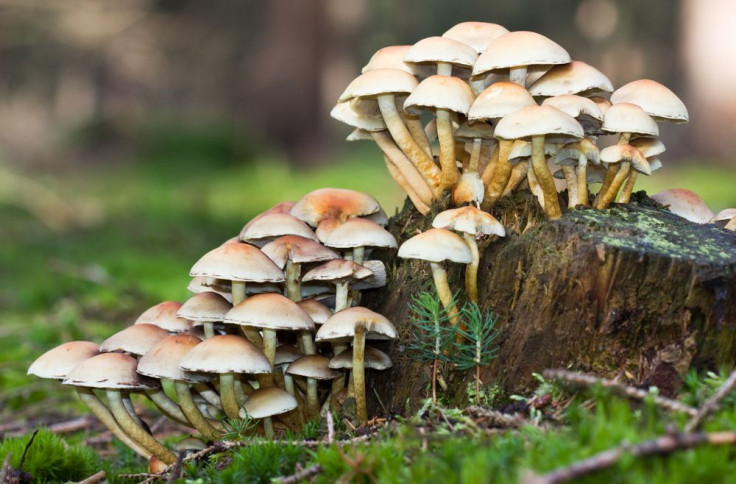Japanese Mushroom Helps HPV Treatment Along Thanks To Nutritional Supplement AHCC

Currently, genital human papillomavirus (HPV) is the most common sexually transmitted infection (STI) in the United States. That may change pretty soon. A recent study conducted at The University of Texas Health Science Center at Houston (UTHealth) Medical School has revealed that active hexose correlated compound (AHCC), extract from a Japanese mushroom, could effectively treat HPV.
"The results are very encouraging," Judith A. Smith associate professor in the Department of Obstetrics, Gynecology, and Reproductive Sciences at the UTHealth Medical School said in a statement. "We were able to determine that at least three months of treatment is necessary but some need to extend that to six months.
Smith and her colleagues administered oral doses of AHCC to ten women once a day for period of six months. After stopping AHCC supplementation, five of the women achieved a negative HPV test result. Three of the five achieved confirmed eradication of the infection. While there is currently no cure or supplement for HPV, there are treatment options for problems associated with HPV, including genital warts, abnormal cervical cells, related cancers, and Recurrent Respiratory Papillomatosis (RRP).
Evidence has shown that AHCC, a nutritional supplement available at your local vitamin store, can increase either the number or the activity of Natural Killer cells, such as dendritic cells and cytokines, which aid the body in fighting of infection and blocking tumor growth. Similar research has also acknowledged AHCC as an effective treatment method for the flu, liver damage, and cancer prevention.
“Since AHCC is a nutritional supplement with no side effects and other immune modulating benefits, we will be planning on using six months of treatment in our phase II clinical study to have consistent study treatment plan,” Smith added. “This confirms our earlier preclinical research."
According to the Centers for Disease Control and Prevention, HPV is so common that almost all sexually active men and women are infected at some point in their lives. HPV often goes away on its own; however, when it does not go away it can lead to health complications, including genital warts and cancer. It is associated with 99 percent of cervical cancer cases, 95 percent of anal cancer, 60 percent of oropharyngeal cancer, 65 percent of vaginal cancer, 50 percent of vulvar cancer, and 35 percent of penile cancer.
Source: Smith J, et al. UTHealth research shows mushroom extract, AHCC, helpful in treating HPV. 11th International Conference of the Society for Integrative Oncology. 2014.



























